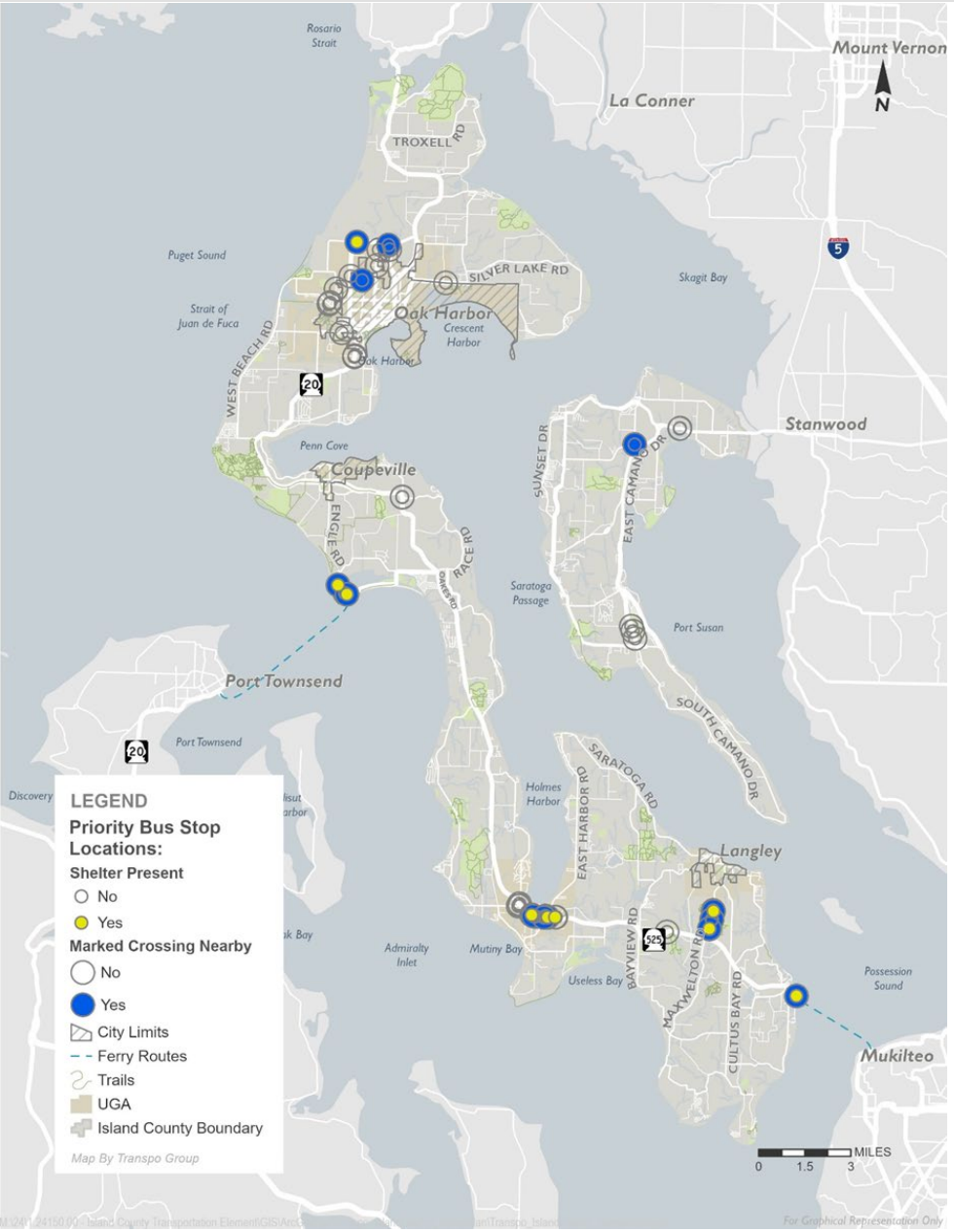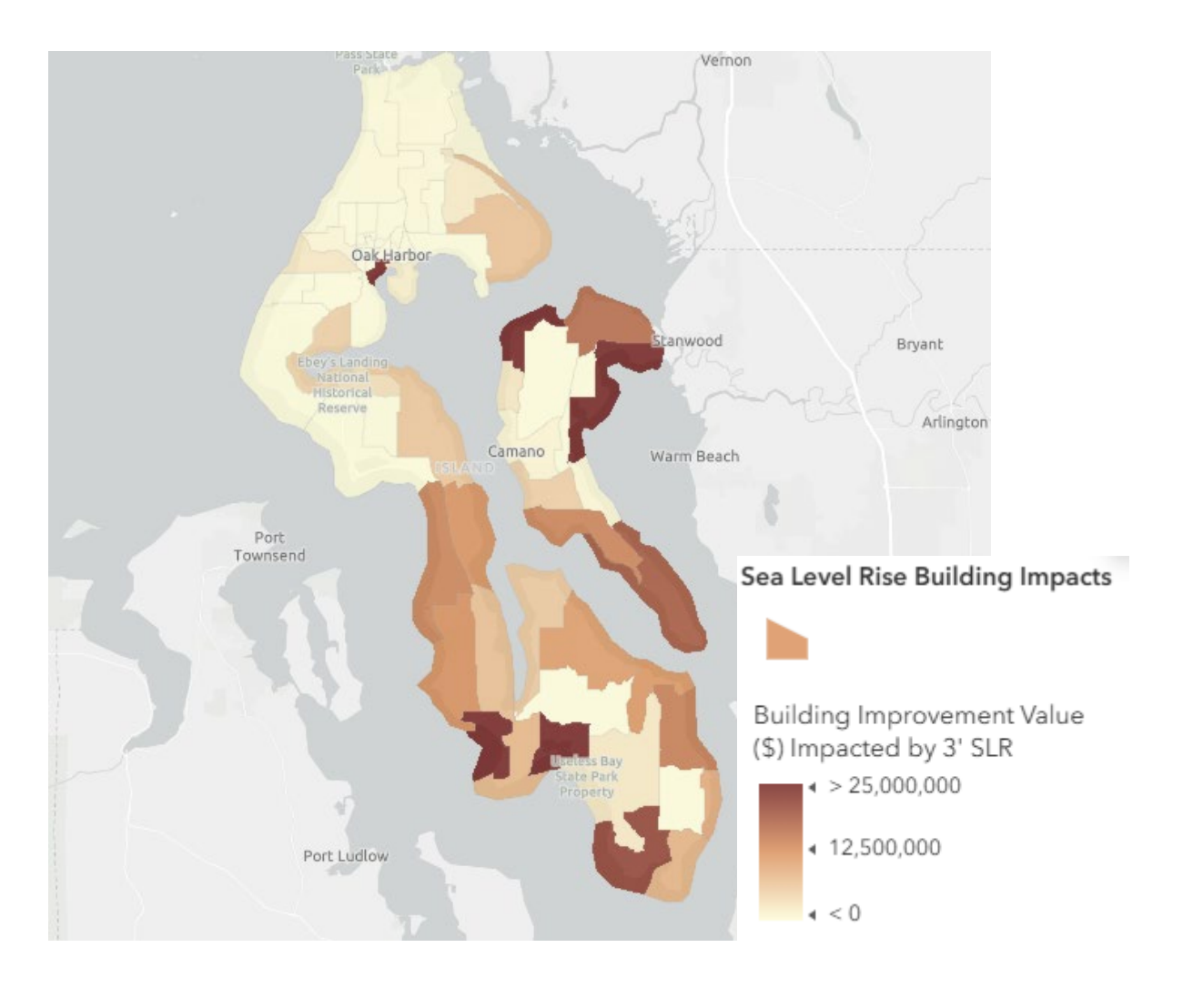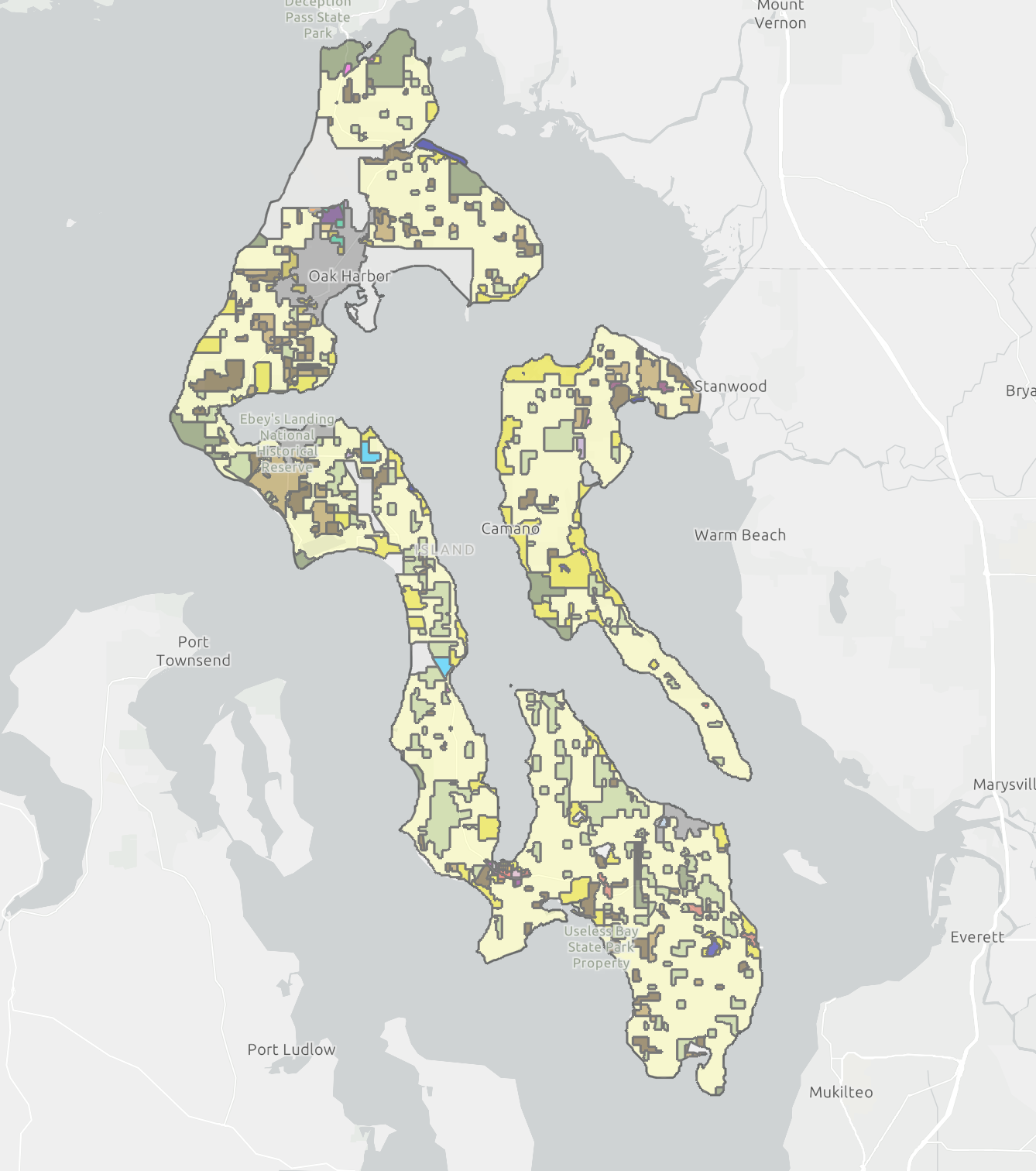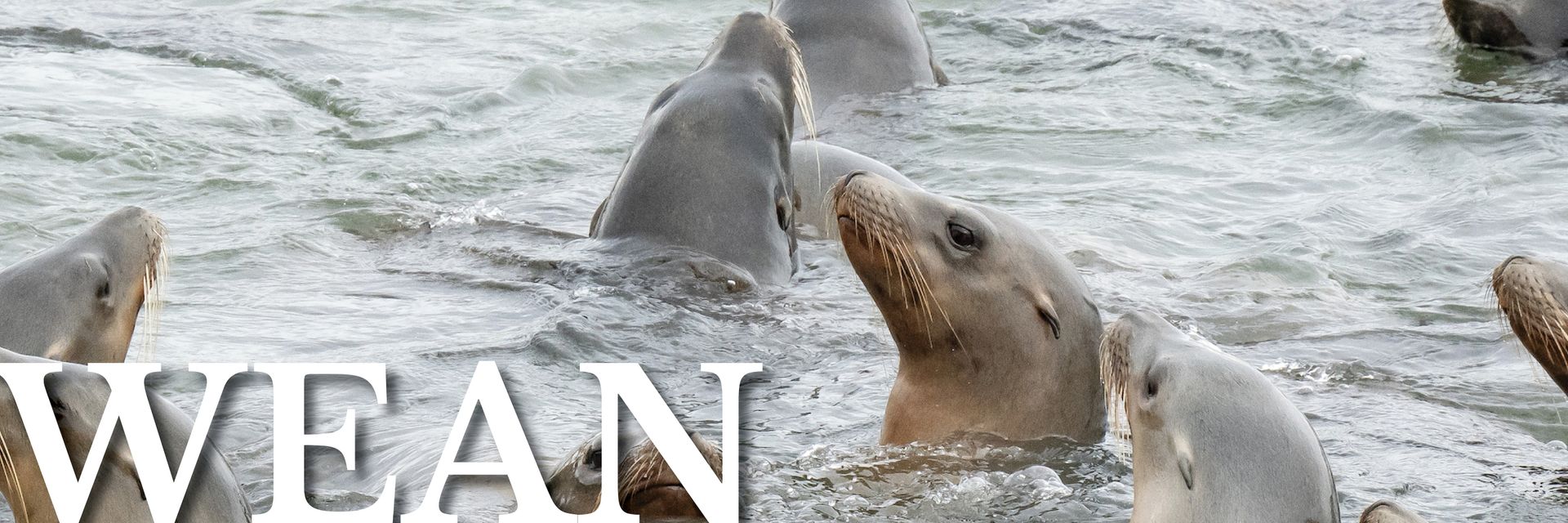DNR Ordered to Consider Climate Impacts of State Forest Land Timber Sales

In what may be the first legal decision of its kind, Jefferson County Superior Court Judge Keith Harper today ruled that the state Department of Natural Resources (DNR) must consider the impacts on climate change of two timber sales on state managed forestland on the Olympic Peninsula. He did not rule on the issue of whether the impacts would be significant, but faulted the state Dept. of Natural Resources for failing to follow the requirements of the State Environmental Policy Act (SEPA) when it ignored those impacts.
Two Olympic Peninsula based organizations, the Center for a Sustainable Economy (CSE) and Save The Olympic Peninsula (STOP) filed the appeal last February. The two nonprofit groups were represented by Claudia Newman of Bricklin and Newman, the well known Seattle based environmental law firm. The lawsuit named as defendants Public Lands Commissioner Hilary Franz, the state Board of Natural Resources, and state agency Dept. of Natural Resources. Under Washington's Constitution and laws, the elected Public Lands Commissioner chairs the Board of Natural Resources and administers the DNR. This triumvirate sets policy and oversees logging on over 3 million acres of state forestlands.
DNR completely failed to consider the climate change impacts of the two timber sales. In response to comments by the two appellants, DNR stated that it didn't have to consider climate impacts of the two timber sales approved by the Board of Natural Resources because the SEPA checklist didn't have a specific question about that issue. The SEPA checklist is a generalized list of questions produced by the state Dept. of Ecology for initial evaluation of environmental impacts. If the lead agency reviewing a proposal's environmental impacts believes that there will be a "probable significant adverse environmental impact" an Environmental Impact Statement must be prepared. DNR, reviewing its own timber sales, decided that there wouldn't be, but failed to consider climate impacts. Climate is one of the numerous elements of the environment that must be considered under SEPA.
The state's attorney representing DNR argued that climate impacts were considered in several planning documents, but those were nowhere referenced in the agency's determination that there would be no significant adverse environmental impact. SEPA allows a two-step review process when an agency moves from a broad plan to projects implementing that plan. But the DNR nowhere disclosed to the public or in its SEPA review that it was using this "phased review" process. That failure prevented the public from being able to determine if these timber sales are consistent with the plans DNR now says it is relying on and whether measures to reduce the climate impacts discussed in the plans will be used for these timber sales.
Judge Harper did not rule on the question of whether the timber sales will have "probable significant adverse environmental impacts." Because DNR did not comply with SEPA's process for phased review he did not reach that issue. Rather, he remanded the issue for DNR to now conduct the legally required consideration of the climate impacts of the timber sales. The State has 30 days to file an appeal with a state Court of Appeals or the decision becomes final.
The ultimate effect of the decision remains to be seen. If not appealed or if upheld on appeal, DNR may simply try to turn the climate review requirement into a box checking exercise. DNR has been required to obey the State Environmental Policy Act since the Classic U legal battle over ancient forest on Whidbey Island in the late 1970s, but in the 40 years since then DNR has rarely required preparation of an EIS, despite major environmental degradation in Washington caused by logging. Environmental watchdogs will likely continue legal efforts to force DNR to comply with the purpose of SEPA, Washington's flagship environmental law:
(1) To declare a state policy which will encourage productive and enjoyable harmony between humankind and the environment; (2) to promote efforts which will prevent or eliminate damage to the environment and biosphere; (3) and [to] stimulate the health and welfare of human beings; and (4) to enrich the understanding of the ecological systems and natural resources important to the state and nation.
RCW 43.21C.010










